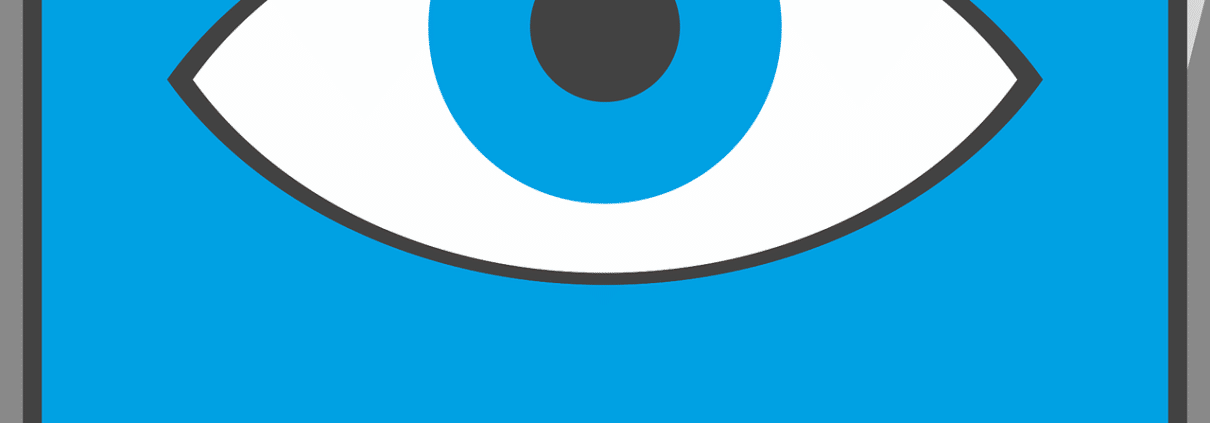Straight Talk About the Business Ethics of Workplace Surveillance
In mid-May, I spoke with J.S. Nelson, a Villanova University professor of law and business ethics (and an Ethical Systems Collaborator), about surveillance in the workplace. I was eager to hear her discuss an article she wrote earlier this year, headlined, “The Potentially Toxic Combination of Management Culture and Modern Surveillance.” In it, Nelson offered a brief overview of a paper she recently had published in the Seattle University Law Review, about the increasingly invasive ways companies are using surveillance as a management tool.
“Ostensibly, management uses surveillance to assess workers’ productivity, but it uses the same systems to, for example, map their interpersonal relationships, study their conversations, collect data on their health, track where they travel on and off the job, as well as monitor and manipulate their emotional responses,” she wrote. “Many of these overreaches are justified in the name of enterprise control.”
In my conversation with Nelson, she described these developments in alarming detail, with the authority of a scholar who has immersed herself in the variety ways employees are being monitored—in the office, on the go and, now, during the COVID-19 pandemic, at home. She argues persuasively that surveillance is a tool like any other. It can be wielded well or poorly, for good or ill. Her contention is that employee monitoring is increasingly being used in ways that are ethically questionable or disturbing, and ultimately unproductive, given the effects intrusive oversight can have on morale and wellbeing.



